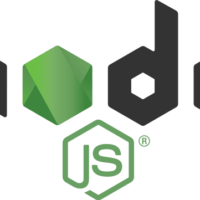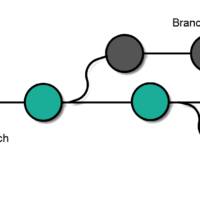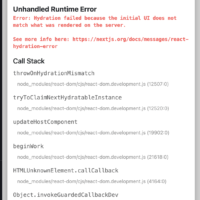Search engine optimization is an ongoing concern for any serious website or blog. Businesses with an online presence rely on SEO to ensure that their website is visible above those of their competitors, while individuals rely on SEO to deliver a sustained flow of traffic.
But no matter how hard you try to keep up with all the latest developments, the world of SEO moves very fast. Google et al regularly update their algorithms and shift their priorities, sometimes with little to no warning.
As we move into the tail-end of 2019, now is a good time to look at what you should be prioritizing to maximize your SEO score in 2020.
Optimize Your Website
In regards to SEO, the term optimization has two meanings. There is SEO optimization, which involves optimizing your webpage for SEO algorithms. But we’re also talking about traditional optimization – the speed with which your website loads for visitors. Slower loading speeds will harm your SEO – Google, in particular, is starting to pay attention to load times when determining an SEO score. Anything that slows your website down is going to hurt your SEO, so your first port of call should be your optimization.
In terms of your SEO optimization, this article from entrepreneur.com goes into some detail about how and why you can optimize your website for SEO. Note ‘Step 3’ of the process outlined, which covers meta tags and page titles. This is the kind of stuff that you should be targeting when you begin working on your SEO optimization. Ensure that everything on your website is appropriately tagged and labeled so that Google can categorize it easily.
Links and Backlinks
If you want your website to reach the top of the SERPs, you are going to need to work on developing your links. Links to and from authoritative and reliable sources will improve your SEO score, as will linking back to past content on your own website.
What you want to avoid is prioritizing the number of links on your website over the quality of those links. There was a time when all that mattered was the number of links, but that hasn’t been the case for a long time.
It takes time to build up enough of a reputation for other sources to start linking to you with any regularity, but there are things that you can do to speed this process along. First of all, if you start sending lots of traffic in the direction of other websites, they will eventually notice.
It’s also important not to underestimate the importance of lead generation. This is where many websites fall down in their SEO efforts. Things like mailing lists might seem a little outdated, especially in a world where everyone has grown accustomed to instant communications. However, maintaining an up-to-date mailing list of people that you can reach out to when you’ve hit a plateau is wise.
When it comes to managing mailing lists, the first name that most people think of is MailChimp. However, Sendinblue is an Alternative to MailChimp that isn’t just cheaper but also contains more features. You can use Sendinblue to manage an entire newsletter campaign, not just your mailing list.
Prioritize Humans
This is a key consideration that should always be in your mind when you are making changes to your website – you need to prioritize people over bots. If your website is designed entirely for SEO bots, to the point where there’s no discernable content for a human, Google isn’t going to fall for it.
Not only will Google reduce the SEO score of websites that it thinks are there purely to game the system, focusing on human users will organically improve a number of SEO components. If you are producing excellent and engaging content, you will see a natural boost in traffic, as well as an uptick in user retention.
Get Serious About Web Analytics
Web analytics is a very important subject, albeit one with an unfortunately boring name. In the modern world, data is power – the more data you have, the easier it is to assess the effectiveness of your current SEO strategy. This in-depth guide to web analytics is a great place to start, covering the most frequently encountered terms that you need to know and laying out in some detail exactly what data you are looking for and why.
In short, you need to know exactly where your web traffic is coming from. If you can identify where the majority of your leads are coming from, you can then target your marketing in that direction and maximize your ROI in marketing.
Search engine optimization is at the heart of the modern internet. Without SEO, websites and businesses would be doomed to languish in obscurity, unknown and all but undiscoverable. Your SEO strategy will be vital in determining your long-term success, so make sure you keep up to date and watch out for those Google updates.


![JSON.parse "[object Object]" is not valid JSON](https://www.wisdomgeek.com/wp-content/uploads/2023/10/Screenshot-2023-10-22-at-6.09.59 PM-520x293.png)















